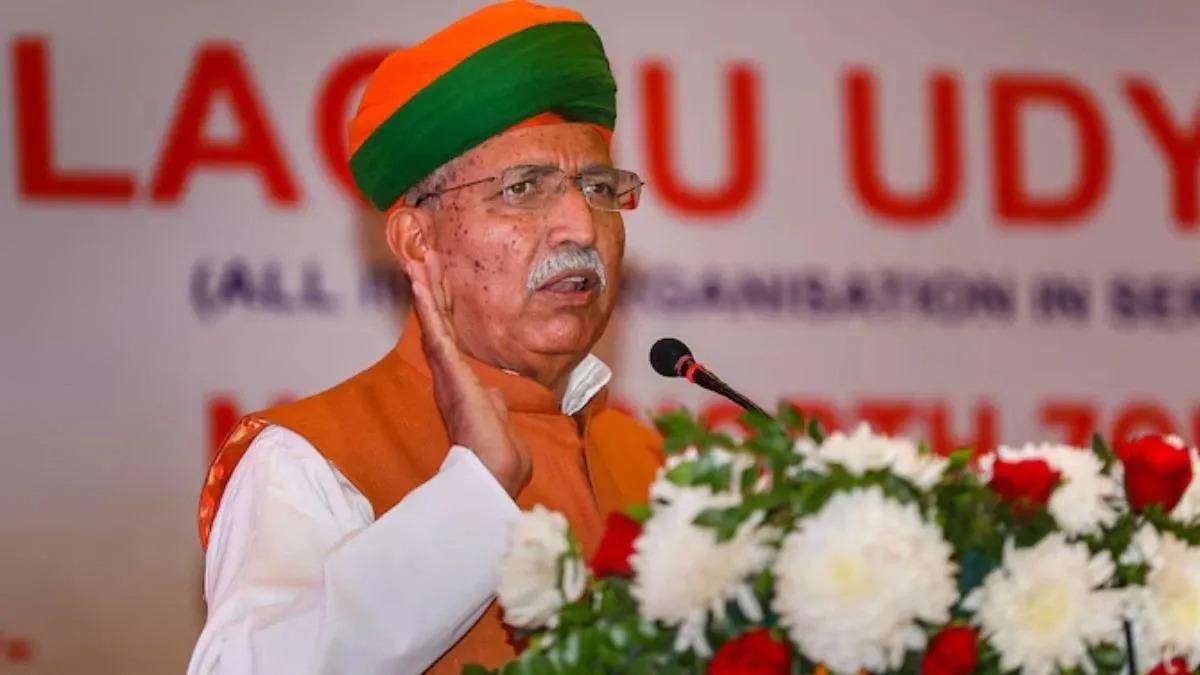
The debate over 'One Nation, One Election' has intensified, with Union Law Minister Arjun Ram Meghwal addressing concerns about the proposed system. He acknowledged that some political parties oppose the idea, but the government remains committed to evaluating its feasibility.
Union Law Minister Meghwal’s Statement on 'One Nation, One Election'
- Meghwal stated that while some parties support the proposal, others strongly oppose it.
- He emphasized that the government is open to discussions to address concerns.
- The goal is to reduce election-related disruptions and improve governance efficiency.
Why Is 'One Nation, One Election' Being Considered?
- Cost reduction: Holding simultaneous elections can save public funds spent on frequent elections.
- Better governance: With fewer election cycles, governments can focus more on policymaking.
- Reduced political instability: Continuous elections often slow down decision-making and development projects.
- Some political parties argue that holding simultaneous elections could weaken regional representation.
- Legal and constitutional changes would be required to implement the reform.
- Logistically, conducting elections for both the Lok Sabha and state assemblies at the same time poses challenges.
- The government is expected to hold further discussions with stakeholders.
- A committee has been formed to study the feasibility and present recommendations.
- If approved, constitutional amendments may be needed to align election cycles.
--Advertisement--

 Share
Share



